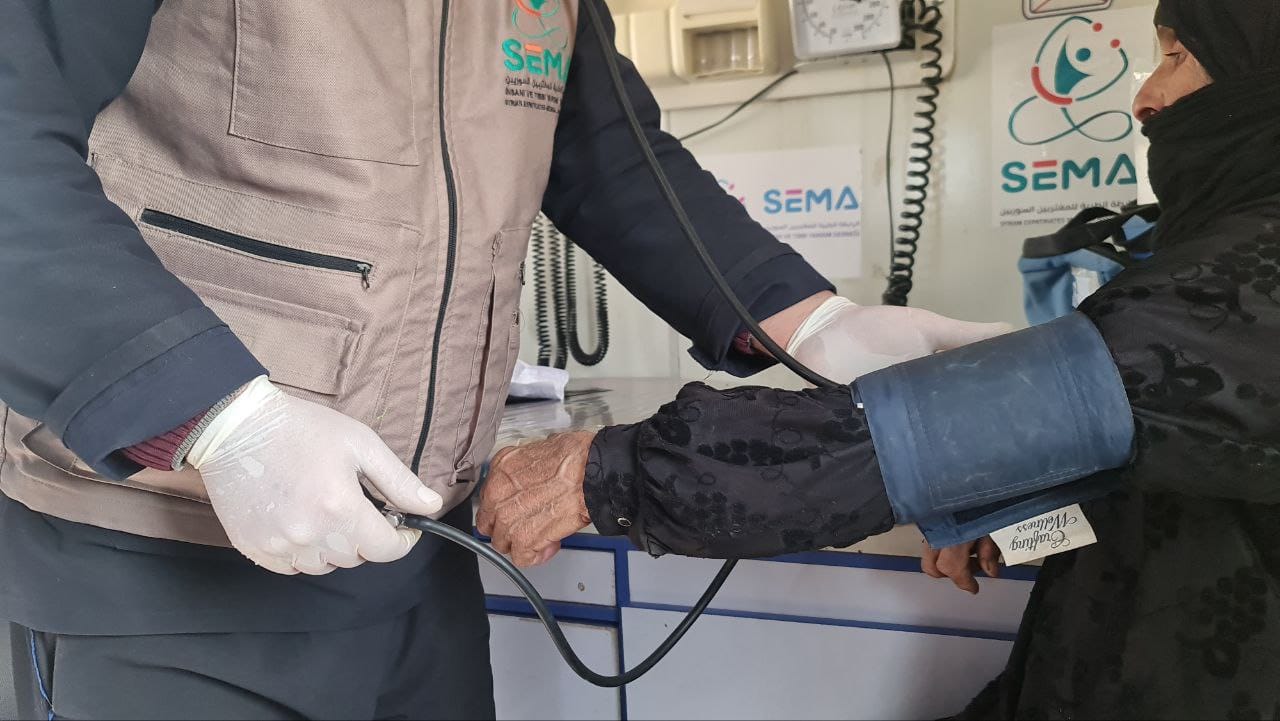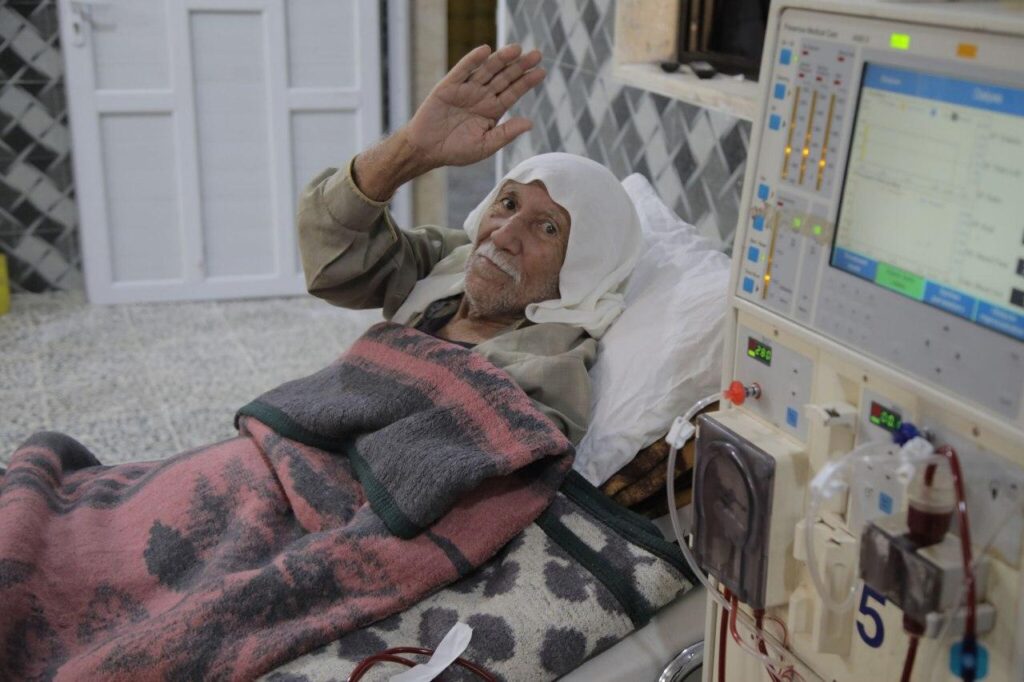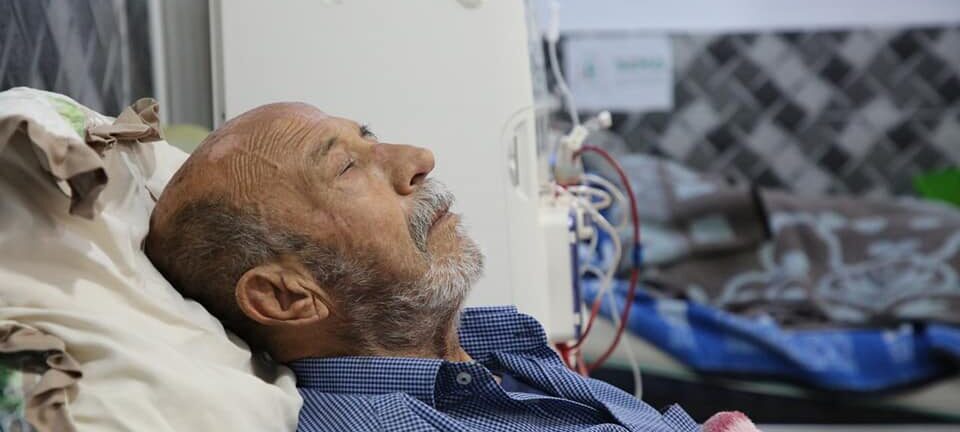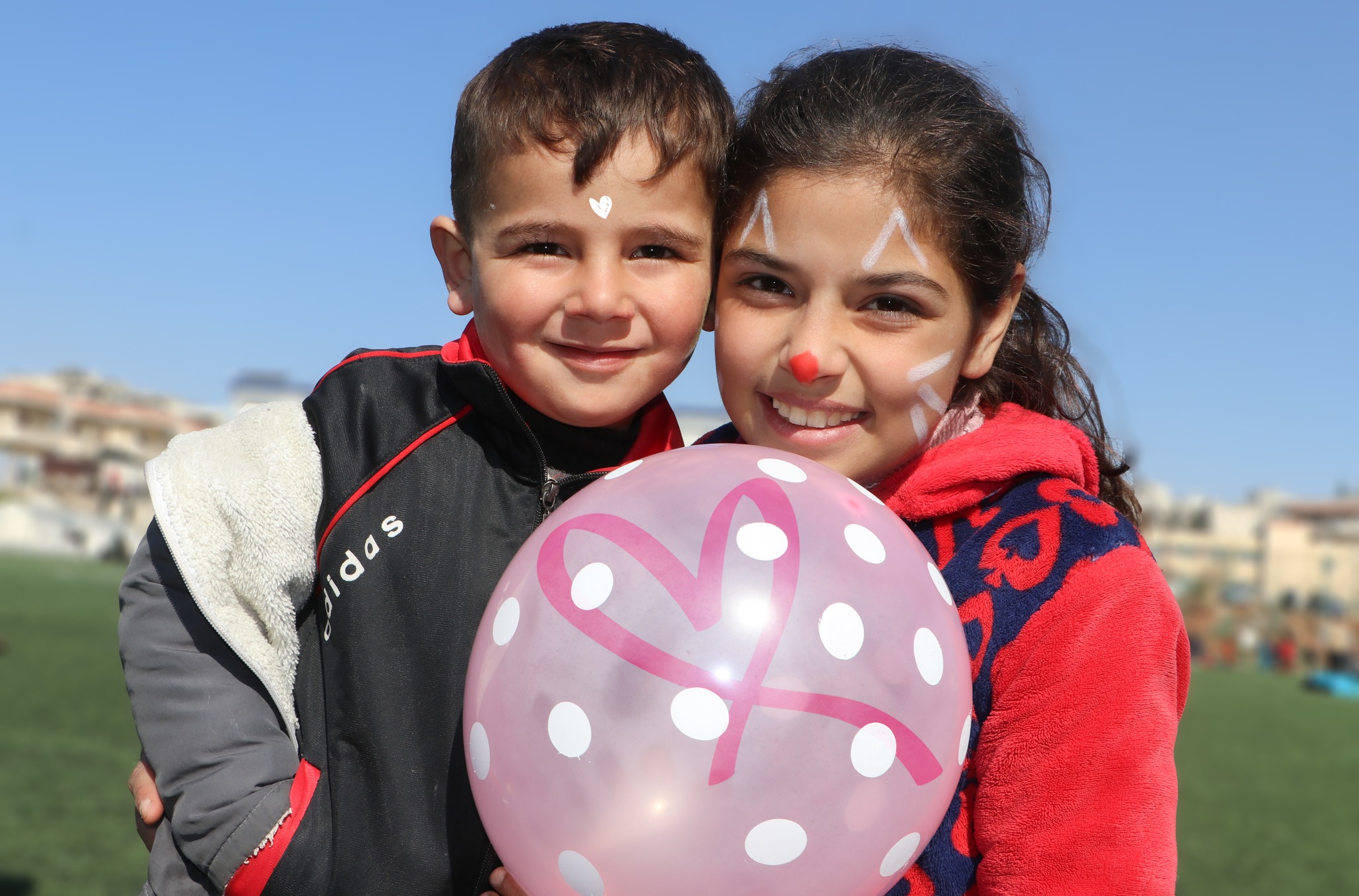Millions of older people suffer annually from various types of abuse, neglect, and exploitation, such as discrimination and exclusion based on age from social and political roles and health and psychological violations against them. Most of these violations go without documenting and punishing the perpetrators. Most of the abuses are committed by a person close to the elderly.
This essay will spotlight the most prominent rights of the elderly. What forms of abuse do they suffer? What are the consequences? And steps that will reduce abuse of the elderly.
Elder Rights
In its latest study on aging, the UN indicated that by 2050 the world’s population aged 60 years and older would double (2.1 billion). The number of people aged 80 or over is expected to triple between 2020 and 2050 to 426 million.”
Therefore, we must work to ensure a decent and safe life for them by assuring the following rights:
- Access to food, water, shelter, clothing, and appropriate health and social care.
- Securing income-generating job opportunities commensurate with their capabilities.
- Preventing all forms of elder abuse and punishing its perpetrators.
- Include older people in voting programs and formulating and implementing decisions that affect their well-being.
- Preserving the privacy of the elderly and ensuring their freedom to make decisions and independence.
- Ensure their dignity and protection from discrimination based on age.

Types of elder abuse
Elder abuse can be carried out by family members, caretakers, or strangers and can occur in the older person’s home, a care facility, or the community. Common types include:
- Psychological abuse: Older people are exposed to humiliating behaviors such as humiliation, harassment, screaming, indifference, disrespect, and blaming, which causes a breakdown in their mental and emotional health and increases their feelings of fear, shame, and anguish.
- Physical abuse: When their weakness is exploited and assaulted by hitting, slapping, or kicking and the most brutal behaviors, which may cause them permanent disabilities or may take their lives!
- Sexual abuse: yes, don’t be surprised! Older people are at risk of sexual abuse, such as rape, unwanted sexual contact, physical or verbal harassment, and touching inappropriately.
- Financial Abuse: The illegal and fraudulent use of seniors’ money, property, and assets without their formal consent. Such as forging signatures, embezzling a general power of attorney, or stealing valuables.
- Neglect and social abuse: This includes not meeting their basic needs of food, shelter, and clothing, in addition to the lack of communication by relatives, children, and friends and preventing them from attending the activities they are accustomed to.
The consequences of elder abuse
The abuse of the elderly has catastrophic consequences for the entire society, increasing the burden on the health and financial sectors and causing the destruction of family ties.
As for the elderly, they suffer from fear, anxiety, and lack of confidence in others, in addition to their coexistence with psychological and emotional crises and physical injuries, the pain of which may last until death.

How to prevent elder abuse
Preventing elder abuse is necessary, and everyone is responsible, starting with governments, civil society institutions, families, and individuals. Here are some of the ways Who can prevent elder abuse:
- Increasing awareness and societal culture on the issue of elder abuse, and educating about signs of elder abuse and reporting them.
- Constantly monitor and supervise nursing homes to ensure they are not exposed to exploitation and abuse.
- Listening to the elderly, knowing their fears, and helping them get rid of them.
- Focusing the media on the issue of abuse of the elderly and highlighting its importance.
- Determine strict penalties for abusers by the authorities.
- Informing the elderly of the possibility of seeking help at any time in the event of abuse.
- Providing certain supplies needed by the elderly, such as medicines, wheelchairs, medical glasses, diapers, etc.
- Do not forget to support the caregivers who care for the elderly, raise their salaries and train them professionally.
- Increase funding and assistance for elderly care.
Donate Now to Support our Mission in Elderly Protection
Messenger of Allah (ﷺ) said, “It is out of reverence to Allah in respecting an aged Muslim, and the one who commits the Qur’an to memory and does not exaggerate pronouncing its letters nor forgets it after memorizing, and to respect the just ruler.” – Abu Dawud.
Honoring the elderly is to give them protection, provide them with safe shelter, care for their well-being, follow up with their health – mental, emotional, and physical health – to be generous to them, and help increase their feeling of inner peace and safety and that they are taking care of.
SEMA International follows up on thousands of displaced and refugee families in different countries worldwide. Through our programs, we provide protection to the elderly; we monitor their health and well-being, provide medical services, drugs, and medical instruments to them, watch their nutrition and their mental & psychological health, and give support to those who have been separated from their families – children and grandchildren – which are the most vulnerable among elderly.
Donate Now! Support us in providing protection and decent warm stabled life for those vulnerable, fragile elderly who’ve lost all they once knew about their past lives, scared to face today’s worst circumstances alone.
Let us restore their faith in humanity and goodness to their tired hearts.
FAQ
What are the five most crucial rights of the elderly?
The most 5 crucial rights of the elderly are:
– The right to independence.
– The right to participate.
– Right to care.
– The right to Self-fulfilment.
– The right to dignity.
Why is it important to protect the elderly?
Protecting the elderly is important to ensure their safety from various types of physical, psychological, and sexual abuse and financial exploitation. as well as respecting their contributions to society; It is also an ethical responsibility of everyone.
What is it called when someone takes advantage of the elderly?
When someone takes advantage of the elderly, it is called elder abuse, Specifically: financial abuse.
What age is considered elderly?
A person is considered elderly if he is 60 or older.


